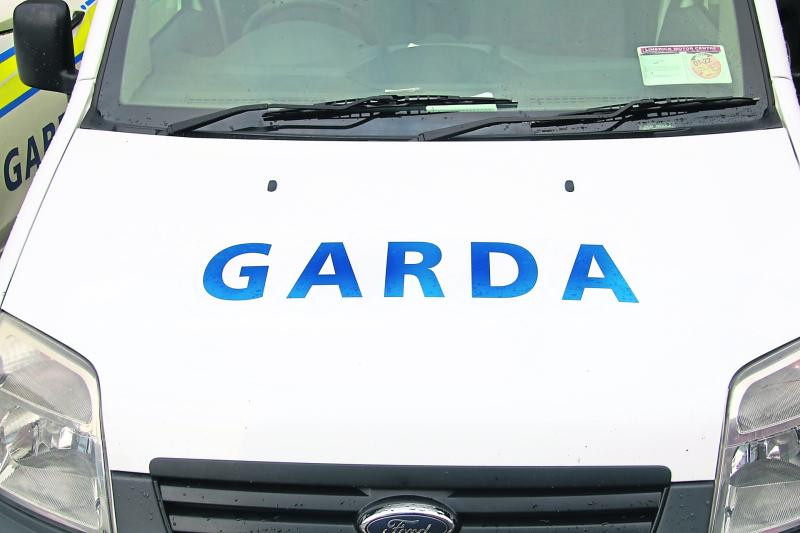A man has been arrested by gardaí investigating the “alleged harassment” of an official at the University of Limerick (UL), in a move highlighting turmoil in the institution after a botched housing project.
The man was released without charge and a file has been sent to the Director of Public Prosecutions.
The arrest follows months of disruption at UL over a housing deal in which it overpaid by €5.2 million when buying 20 student homes two years ago.
“They were released without a charge and a file has been sent to the DPP,” she added.
“An Garda Síochána does not comment on the detail of on-going investigations,” the Garda spokeswoman concluded.
A UL spokesman said: “UL has no comment to make.”
The Recent Controversies at UL
The University of Limerick has been embroiled in a series of controversies in recent months, which has led to a period of turmoil and uncertainty at the institution. The most high-profile of these controversies has been the botched housing deal, in which the university overpaid by €5.2 million when buying 20 student homes two years ago. This led to the resignation of the university’s president, Prof Kerstin Mey, in June.
The Botched Housing Deal
The overpayment on the housing deal has raised serious questions about the university’s financial management and has sparked calls for a full investigation into the matter. The planning status of the student housing at Rhebogue, 3km from UL’s campus, remains unclear after An Bord Pleanála missed its own deadline to resolve planning questions.
A ruling was due by August 20th but An Bord Pleanála has said the determination won’t come until December 23rd because of the “current significant backlog of cases”.
The Bord Pleanála case was lodged in April by Limerick city and county council after its planners said the Rhebogue housing was “unauthorised” for students.
The Resignation of UL's Chief Commercial Officer
Separately, a top UL official resigned as a director from several campus companies. Andrew Flaherty, the chief commercial officer attached to the office of the UL president, resigned the directorships on July 18th, not long after he was placed on administrative leave from the university.
Companies Office filings show he resigned from five UL companies: Unijobs; Plassey Campus Arena; Plassey Trust; Plassey Campus Centre; and Plassey Campus Developments. He remains a director of another company, UL Aviation Registries.
Mr Flaherty did not reply to questions sent to his work email.
UL had no comment on Mr Flaherty. The university said it “has a number of processes in place that are parallel to” a statutory review by the Higher Education Authority (HEA), the sectoral regulator.
“As such, it would not be appropriate to comment at this time, nor can we comment on individual members of staff.”
However, UL has made temporary management changes. In a July 15th email to staff and students, UL’s chief officer Prof Shane Kilcommins said: “I want to inform you that Mr Robert Reidy, director of buildings and estates, has been temporarily reassigned to the post of chief commercial officer.”
A Time of Uncertainty
The recent controversies at UL have left the university in a state of uncertainty. The university is facing a number of investigations, including a statutory review by the HEA and a criminal investigation by gardaí into the alleged harassment of a staff member. The university is also dealing with the fallout from the botched housing deal and the resignation of its president.
The university is facing a number of challenges in the coming months, and it remains to be seen how it will navigate this difficult period. The university has stated that it is committed to addressing the issues that have been raised, and it is hoped that it will be able to restore public confidence in the institution.
The Road Ahead For UL
The University of Limerick is currently in a state of flux, with many questions unanswered regarding the various investigations underway. The outcome of the investigation into the alleged harassment of a staff member will be closely watched, as will the HEA review into the botched housing deal. The university is also seeking a new president to lead the institution through this challenging period.
The road ahead for UL is uncertain, but the university is committed to addressing the issues that have been raised and restoring public confidence in the institution. The university is also taking steps to improve its governance and financial management practices.
The recent controversies at UL highlight the importance of transparency and accountability in higher education institutions. The university has a responsibility to its students, staff, and the public to ensure that it is operating in a responsible and ethical manner.

















